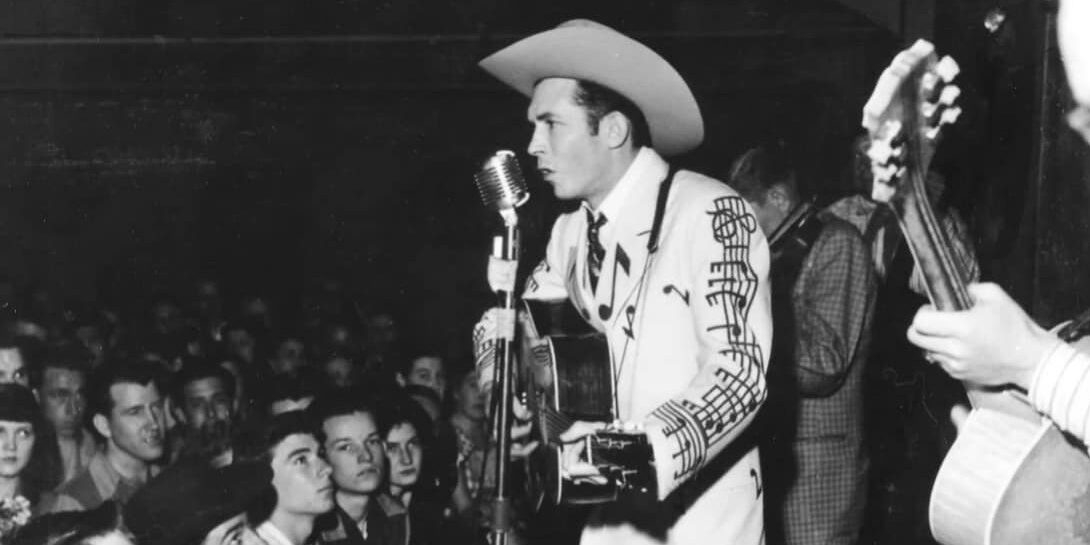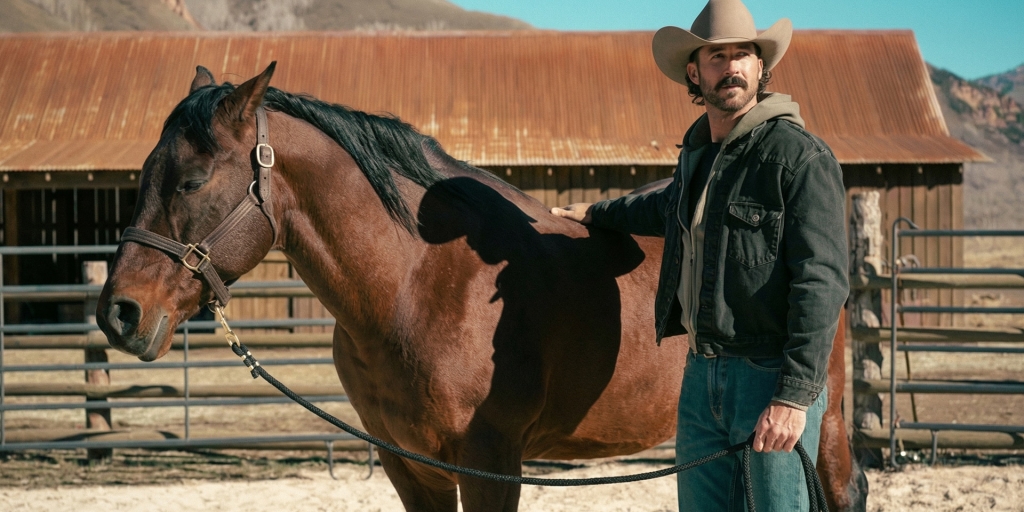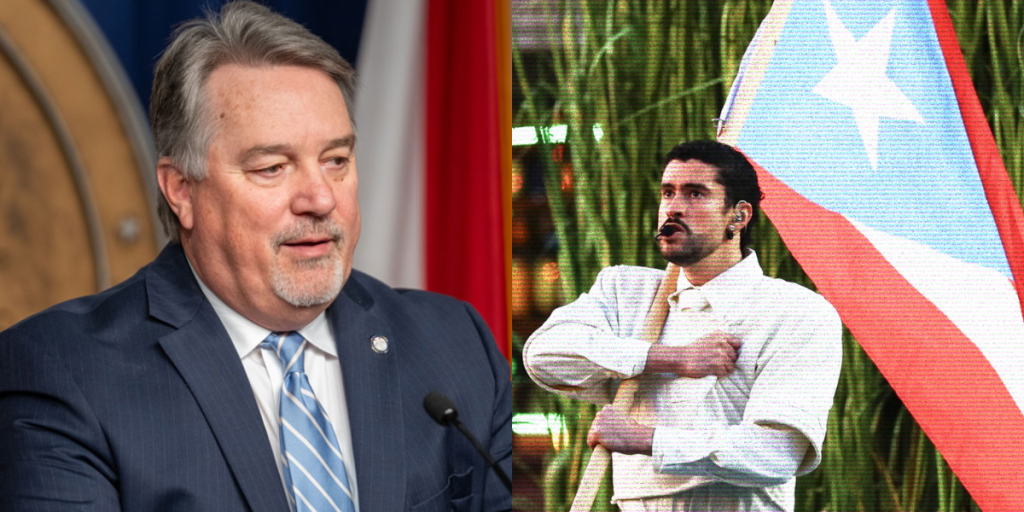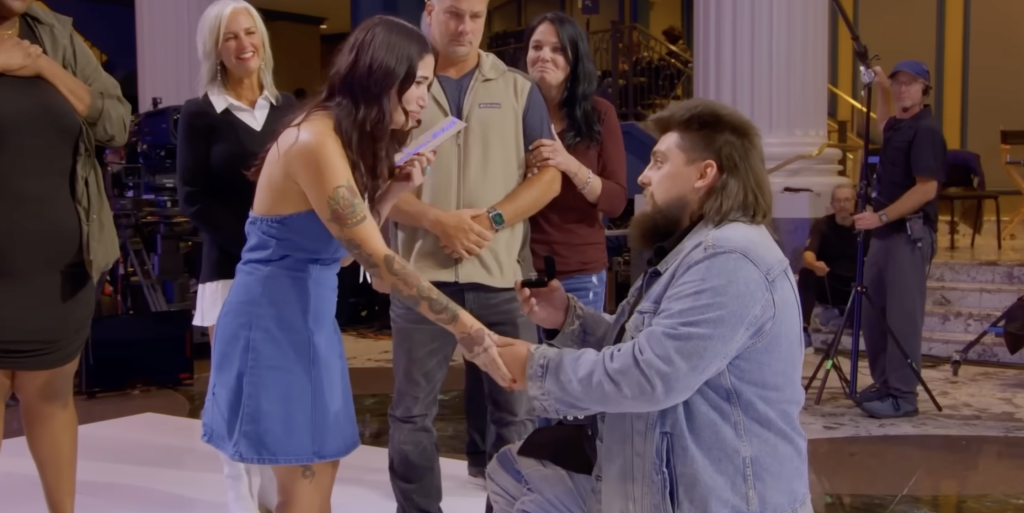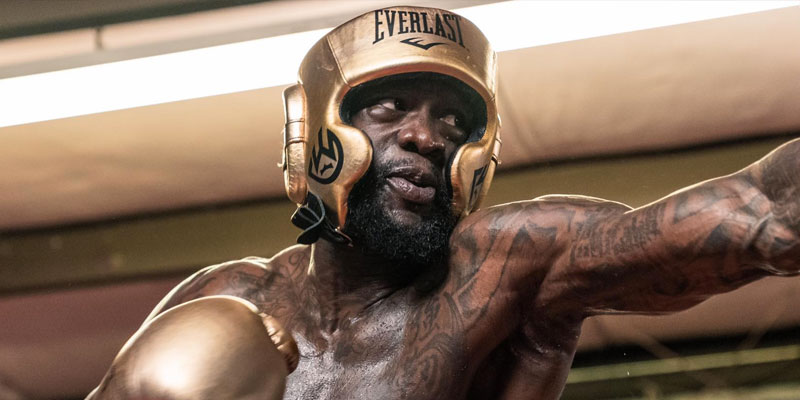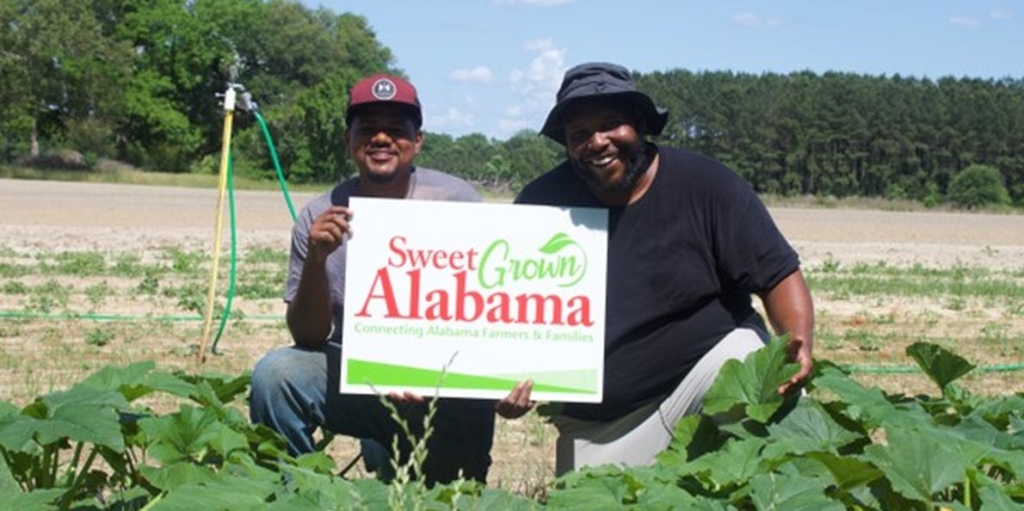On January 4, 1953 – 72 years ago – music legend Hank Williams was laid to rest during the largest funeral in Montgomery’s history. Joe Azbell, was city editor of the Montgomery Advertiser and covered the funeral. His full article is transcribed below. It is an example of old-style, descriptive journalism that makes you feel as if you are actually at the event it describes:
HANK’S FUNERAL IS FAR LARGEST IN ALL MONTGOMERY’S HISTORY
By Joe Azbell – City Editor
“When he played guitar, he played on the heartstrings of millions of Americans.” Dr. Henry Lyons, pastor of the Highland Avenue Baptist Church, spoke this line as he officiated the last and greatest packed house for Hank Williams when silent thousands filed past his open casket and top folk artists twanged out his requiem in hillbilly hymns.
It was a strong statement and true. It bore some reason why 15,000 to 20,000 people, shoving, pushing, waiting, jammed Perry Street, the city auditorium, and the entire City Hall block to look upon the body of this famed singer and composer as he lay in a spotless white suit in a gray casket near the flower-curtained stage where once he appeared as a singer.
Even in death, Hank Williams set records. Never before in the history of his hometown of Montgomery had so many turned out for a funeral service. They came from everywhere, dressed in their Sunday best, babies in their arms, hobbling on crutches and canes, Negroes, Jews, Catholics, Protestants, small children, and wrinkled-faced old men and women. Some brought their lunch, arrived at 9 a.m., seated themselves in the auditorium, and refused to move until the services ended at 3:30 p.m.
They sat solemnly, only the squalls of babies, the rasping of coughs, and the soft shuffle of feet breaking the silence, many weeping. Others holding their heads low. All of them ready to spend this Sunday to say, “We’ll miss you, Hank.”
FILED PAST CASKET
Thousands, handkerchiefs to their faces, hats in hands, slowly passed the casket, beset on one side by two large floral wreaths in guitar shapes, one with silver strings, two purple-toned lamps in the back, and a white Bible-shaped floral design to the side, a tiny white Bible in his hand, a small silk pillow near.
As the people marched down one aisle, past the casket, and out a side door, scores more pushed their way forward to glance at the body. One woman knelt on her knees, cried, stepped away from the casket, and fell to the floor in a faint. She was carried to an automobile at the rear of the auditorium by firemen and revived. “He’s gone…gone,” she repeated again and again. Three other women fainted during the services but were revived.
A crowd of several thousand was left standing in the snapping cold as the services began at 2:30 p.m. Ernest Tubb, a friend of Williams, began the ceremony with the soft tones of “Beyond The Sunset” as he reached the words of the “autumn leaves turning brown” there was complete silence. The Southwind Singers, a Negro quartet, sang a spiritual. In the balcony section, where about 200 Negroes sat, eyes became watery, and many knelt before their seats.
Dr. Lyons began his message by reading the 23rd Psalm, I Corinthians 15:50-58, and John 14:1-7 verses, and the audience lifted their heads. It seemed as if the lights in the auditorium were dimmed slightly. Many broke through the doorway and stood against the walls. The sobbing of the audience could be heard as the minister finished the last words of the Biblical verses.
Roy Acuff, dressed in his western-type attire, came on the stage, moved to the microphone, attempted to introduce the other 12 singers and musicians, and finally gave up saying, “I am so moved, I can’t remember their names, and they’ve been with me for years.”
Then, the slow, flowing melody of “I Saw The Light” echoed across the audience and into the mob-packed streets. Acuff tried to express his feelings for Hank Williams: “All I can say is he was one of the finest young men we ever knew.”
MUSICIANS CRY
The “Peace In The Valley,” for which Dr. Lyons said “all men search,” was told in a song sung by Red Foley. Backstage, Little Jimmy Dickens broke into tears, and the other musicians and singers sobbed audibly, but no one spoke.
Outside, the crowds showed restlessness. They packed closer to the door; many pressed their faces to the glass, begging for a look inside, others lifting children to their shoulders. Others left to go to automobiles to turn on radios to hear the service.
An old friend of Williams, the Rev. Talmadge Smith, pastor of the Ramer Baptist Church, in a prayer, asked that the “Lord look down on and bless his mother in her grief and give her the strength to go and find in Christ the spiritual comfort that can come only from Him.”
Dr. Lyons, dressed in a blue suit, moved to the microphone and speaking in a soft voice, began his message:
“Hank Williams, the singing idol of millions of Americans, has just answered the call of the last round-up. Even so, if this world should last a thousand years, Hank shall remain dear to millions of hearts. I cannot preach the funeral of Hank Williams. It has already been preached in music and song on the radio – listened to by millions of admiring Americans since the sad message of his death was announced Thursday. . .Millions and millions will never tire of the genuine heart appeal of his songs. As long as we have America with its freedom to succeed, we will have our Hank Williams to inspire us in the middle of life’s hardships. . .When Hank played on his guitar, he played on the heartstrings of millions of Americans. They listened to Hank over the radio in their homes, in the bus station, in the car driving along the highway, in prison, in the office. They listened everywhere – white and colored, rich and poor, the illiterate and the educated, the young and the old. Yes, we all listened, and we’ll still listen. Why? Hank had a message. This message was written in the language of all the people. It was a message of the things that everyone feels – life itself…”
Just before the benediction, the Statesmen Quartet sang “Precious Memories” and the services ended as the crowd waited quietly as the family moved out behind the casket.
Outside, thousands formed a line of march that stretched for two-and-one-half city blocks through which the procession moved on its way to Oakwood Cemetery. Many raced for their automobiles to go to the cemetery before others arrived.
In the rush out of the auditorium, a woman fainted. In the streets, many got on top of automobiles, and others moved to second-floor viewing points to see the procession.
MAJORITY WERE FANS
Many were curiosity seekers at the funeral, but, by far, the majority were Hank Williams fans. They stood in line for hours. They waited in the crowds. Some went without lunch. Many came from Atlanta, Birmingham, Mobile, Nashville, Luverne, Georgiana, and whistle-stops.
Three floral company trucks were required to move the scores of wreaths to the cemetery. Fire Chief R.L. Lampley and Assistant Police Chief Marvin Stanley, who directed the 100 firemen and policemen who kept order in the auditorium and streets, estimated the crowd at 15,000 to 20,000 at the time of the funeral but said “other thousands came and left.”
Big-time music entertainers filed past the casket for a last look at the country boy who had been great among them.
Ray Price, WSM Grand Ole Opry singer; Webb Pierce, another great in the folk music world; Carl Smith, who now holds the spot formerly held by Williams at WSM; June Carter of the famous Carter Family team; Bill Monroe, veteran radio performer; and Little Jimmy Dickens, one of Hank’s best friends in Nashville who cried almost constantly.
As Acuff stopped at the casket, he bent close to the body and whispered, “Good bye, Hank.”
Hank’s original Drifting Cowboys band furnished the background music for the singers.
His wife, Mrs. Billie Jones Williams of Ocean City, La, was in the front row along with his ex-wife, Mrs. Audrey Williams of Nashville.
MARRIED IN NEW ORLEANS
It was less than three months ago, October 19, that Williams married again in the City Auditorium in New Orleans. Many of the musicians at his funeral played the wedding music then. He married Billie twice on the stage that day – once for the benefit of the throng who could not see the first ceremony.
In filing for divorce early last year in Nashville, Mrs. Audrey Williams estimated her husband’s 1951 income at more than $90,000.
Williams combined an undulating voice the could wring extra syllables from words with an amazing capacity for just sitting down and composing a new song.
For the fans who thought his death brought an end to his songs and singing, his publishers had good news.
“Hank wrote, recorded, and sang a lot of songs we haven’t released yet, “ said music publisher Fred Rose at the funeral today. “I can’t say how many. It’s a trade secret, but you’ll be hearing Hank right along for some time.”
Courtesy of The Art of Alabama Politics.




